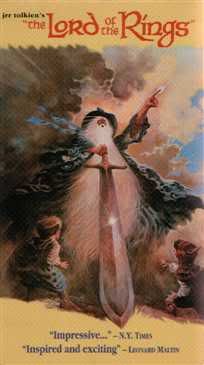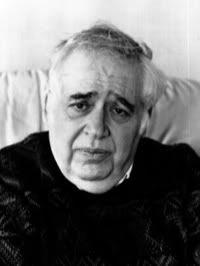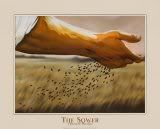
Here is my newest toy/edifying technological device. If you don't know, it's an iPod Shuffle. I packed four sermons on this baby in about twenty minutes, all told, this evening. This amount of time even included downloading the material in a different electronic format, placing it in a new playlist, and reorganizing it, not just syncing the iPod with my computer. If the files had been on my computer, we are talking five minutes flat! And I have a seven and a half year-old computer! I have been considering this evening how fast good Bible teaching may be dispersed in this age of electronic wonders.
Just think about it...the first disciples hungrily read one, two, or maybe a few NT texts at a time. They could get access a copy of the OT sometimes, but they rarely owned one. If they heard a sermon, it was after a preacher had labored over the texts available to tell the Good News from the available materials, and that was a one-time event the might be similarly repeated from notes or memory, but they had no where near the access to a human voice accurately teaching the Scriptures that we do. I suppose that this is another symptom of the Information Age. Perhaps this has implications for the End Times as well, after all, Jesus says "this Gospel of the Kingdom will be preached throughout the whole world." (Matt. 24:12). It is amazing how fast the Gospel may be dispersed by new electronic devices.
Yet, I must stop right there. I know what you're thinking: "Go therefore, and make disciples of all nations, baptizing them in the name of the Father and of the Son and of the Holy Spirit, teaching them to observe everything I have commanded you." (Matt. 28:18-20). I can also hear some of you thinking: "But be doers of the word and not hearers only, deceiving yourselves." (James 1:22). To these thoughts, I say, "Amen, Amen."
Whatever we as Christians have been given, we have been given, not for entertainment/diversion, but for the conversion of mankind through dispersing the message. Can you imagine God asking us at the last judgment: "What about that iPod? What did you use it for?"
Some of us answer: "Uhhh, well, I listened to music on it."
God says: "What about my Word? Did you listen to my Word on it? The Bible? Or a preacher?"
Some answer: "No God. We did not."
Some answer: "We had sermons on our iPods."
God says: "To the first, you have dishonored me by ignoring the best use of this gift. To the second, you have aggravated your first offense by not obeying what you listened to."
What a solemn thought. The iPod may not be a sign of the closing of the End of the Age, but either way, in owning one...our responsibility as Christians is increased.












